Victorian Bar should not be silent on the Indigenous voice to parliament, writes former president Matt Collins
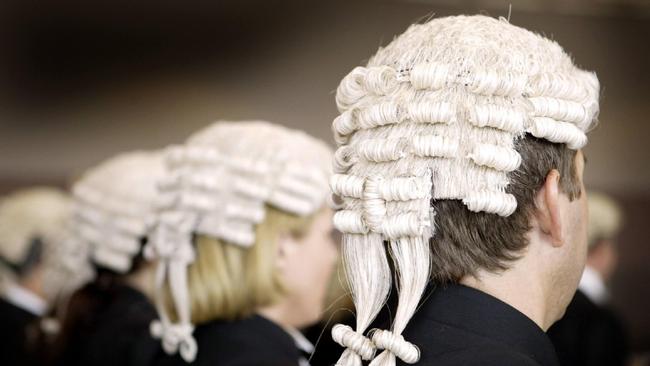
His central thesis, however, is respectfully wrong. In the debate about the Indigenous voice to parliament, we should be able to agree on a series of premises.
First, before Europeans set foot on this continent, it was home to the oldest continuing civilisations on earth, with their own laws and customs dating back millennia.
Second, the arrival of Europeans displaced those civilisations, laws and customs in ways that have reverberating consequences in the present day.
Third, it was wrong on the arrival of Europeans for Australia to be declared terra nullius – uninhabited – a legal fiction that was corrected jurisprudentially only with the Mabo decision in 1992.
And four, that fiction underlies our nation’s founding document, the Constitution, by which the “Australasian colonies and possessions of the Queen” were united under the Crown of the United Kingdom.

If we are able to agree on those premises, then it follows inescapably that the gap between Indigenous and non-Indigenous Australians has a structural, legal dimension.
All Australians of goodwill want to see that gap closed. That, of course, does not mean that the current constitutional reform proposal is the optimal answer. That is a matter on which reasonable minds might differ, as the vibrant debate in these pages in recent times amply shows.
My vote is worth no more than any other Australian’s but, for what it matters, I will be voting Yes. Having carefully considered the proposal I think it is constitutionally sound. The voice would have an entitlement (but not a right) to make representations to parliament and the executive government on matters relating to Aboriginal and Torres Strait Islander people, without imposing on the parliament or the executive government an obligation to solicit, wait for or act in accordance with the wishes of the voice.
The proposal is orthodox, in that it would confer on the parliament the power to make laws with respect to the voice, including its composition, functions, powers and procedures.
Those laws will then be able to be calibrated as circumstances change, just as the parliament does with respect to laws on the many other areas that are the subject of powers conferred by the Constitution.
In a poll of members to be conducted starting on May 31, Victoria’s more than 2200 barristers will be asked whether they support the Victorian Bar Council making a public statement to the effect that the proposed amendment is “sound, appropriate and compatible with Australia’s system of representative and responsible government which would be enhanced by the addition of the voice”.
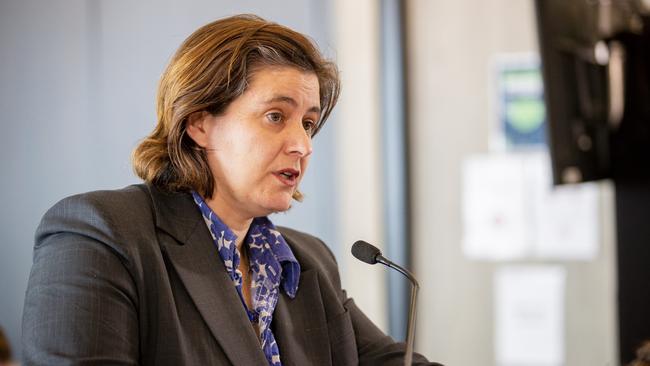
That language tracks the substance of the advice given to the parliament by Solicitor-General Stephen Donaghue KC, also a respected member of the Victorian Bar. Barristers also will be given the option of voting that the Bar Council adopt no public position with respect to the voice, or of abstaining.
Hayes eloquently, and in good faith, urges barristers to vote in favour of the institution keeping out of the public debate.
I respectfully disagree with his two central propositions.
He argues, first, that the membership poll will produce a “misleading” or “pointless” result. I do not think that is right.
The Victorian Bar Council has committed to publishing the results of the poll on June 9.
We will know what proportion of the state’s barristers favour the Bar Council supporting the voice or keeping out of the debate, and how many have abstained.
Some of the current media coverage – no doubt motivated by the journalist’s instinct to present both sides of a debate – suggests that the legal profession is evenly divided in respect of support for the voice. While, of course, there are members of my profession of goodwill who support and oppose the proposal, I very much doubt that it is anything like an even split. But that is not a question that has been tested.
If a strong majority of Victorian barristers vote in favour of the Bar Council offering institutional support for this year’s referendum, that will send a clear signal that most barristers of the state consider the proposal to be a constitutionally sound means of enhancing Australia’s system of representative and responsible government.
That is a judgment that has already been reached by, among others, the Law Council of Australia, the NSW Bar Association, the Law Institute of Victoria and a group of former presidents of the Australian Bar Association and Law Council.
Barristers are not being asked in the poll to state whether they oppose the voice proposal. The reality – like it or not – is that votes against the Bar adopting an institutional position will be conflated with the votes of those who oppose the substantive reform.
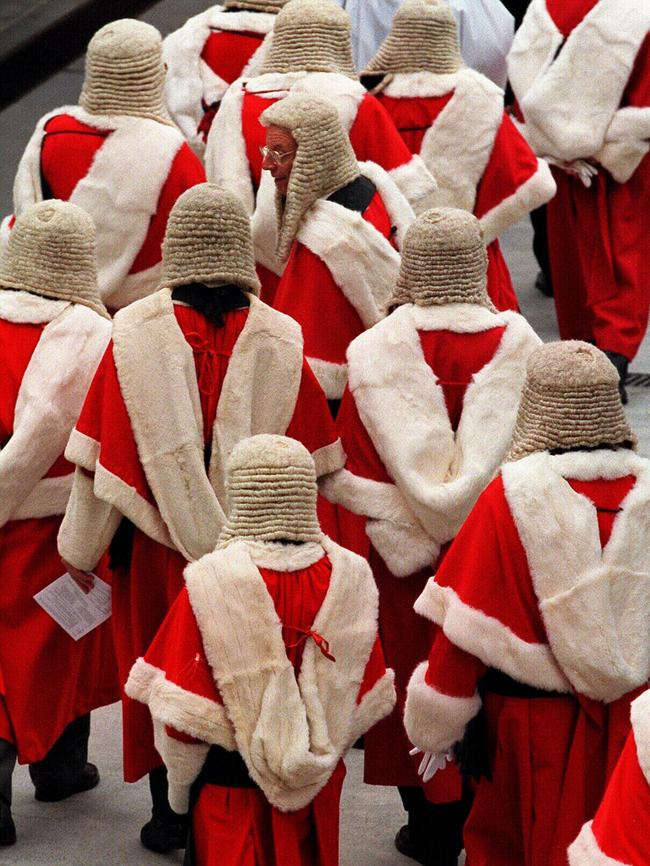
That makes Hayes’s second point of importance. He argues against the adoption of an institutional position because to do so would amount to entering a political debate in a way that will undermine the authority of the Victorian Bar. I disagree.
The voice debate is about merits and potential pitfalls of a proposed constitutional reform.
This year alone, the Law Council of Australia has made more than 60 submissions in relation to proposed legal reforms, almost all of which are contestable and could be described at some level as having a political dimension. No one suggests that those contributions should be treated as beyond the knitting of the profession.
The question being asked of Victoria’s barristers is, I would contend, more accurately characterised as a legal judgment than a political one: at core, do we consider the proposed Constitutional amendment to be compatible with, and an enhancement to, Australia’s system of representative and responsible government? Not speaking would amount to a significant institution choosing to sit out a debate in respect of which it can make an important contribution.
However it is characterised, the currency of the Bar’s independent voice will not be devalued if the Bar Council speaks publicly in support of the voice.
If the result of the poll is that the membership asks the Bar Council to speak, it will do so with the authority of that independent voice, informed by the views of its membership, which will be open to public scrutiny.
Australians will be free to agree with, disagree with or ignore any statement made by the Bar Council, but any statement will nonetheless be a contribution to an important subject that is properly of concern to barristers and the broader legal profession.
Matt Collins KC is a member and former president of the Victorian Bar and the Australian Bar Association.

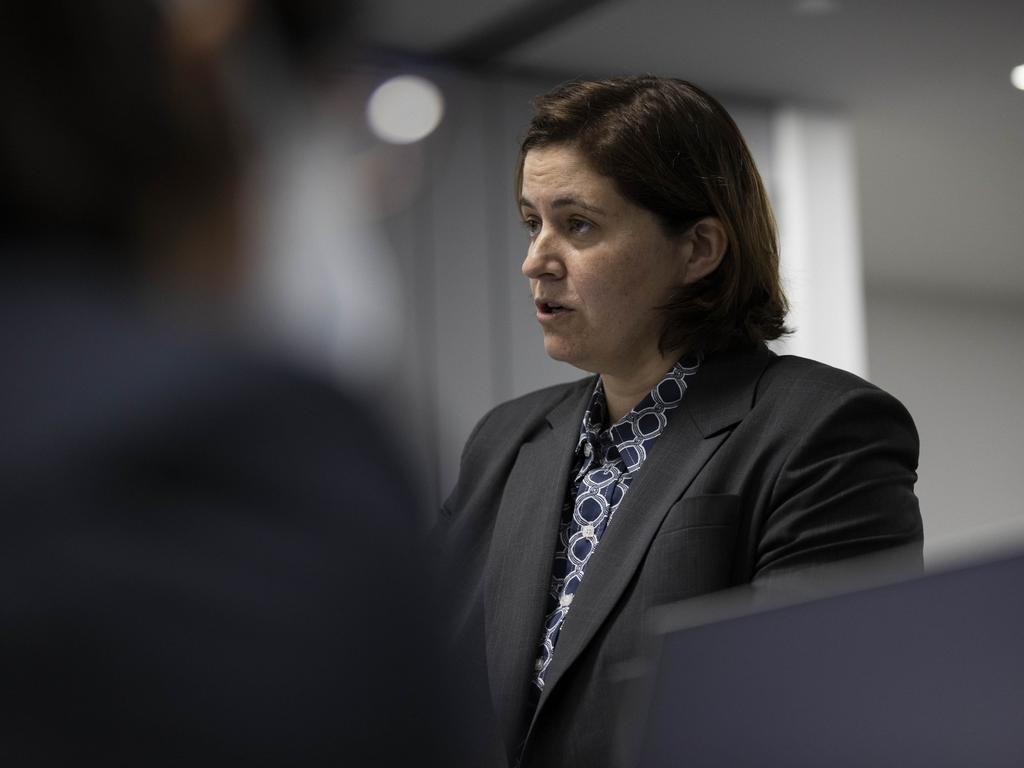

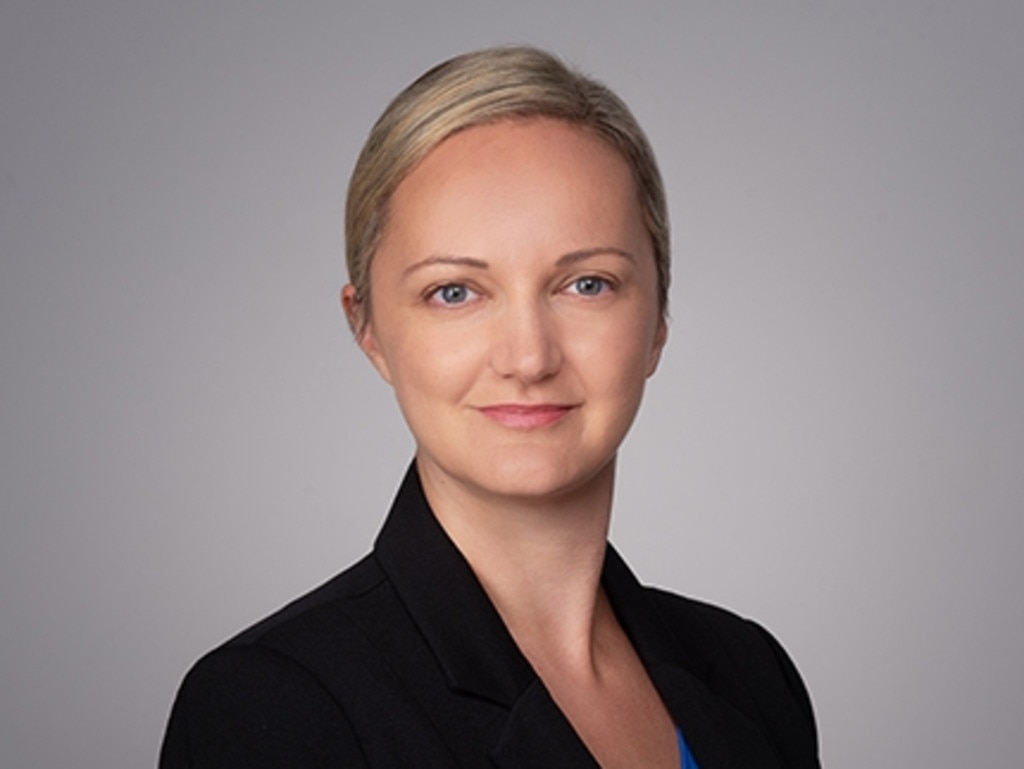


Paul Hayes KC (“Victorian Bar shouldn’t be entering political debate on the voice”, 11/5) makes many good points – among them the rhetorical gem that, in a referendum, a barrister’s vote is worth the same as a barista’s.